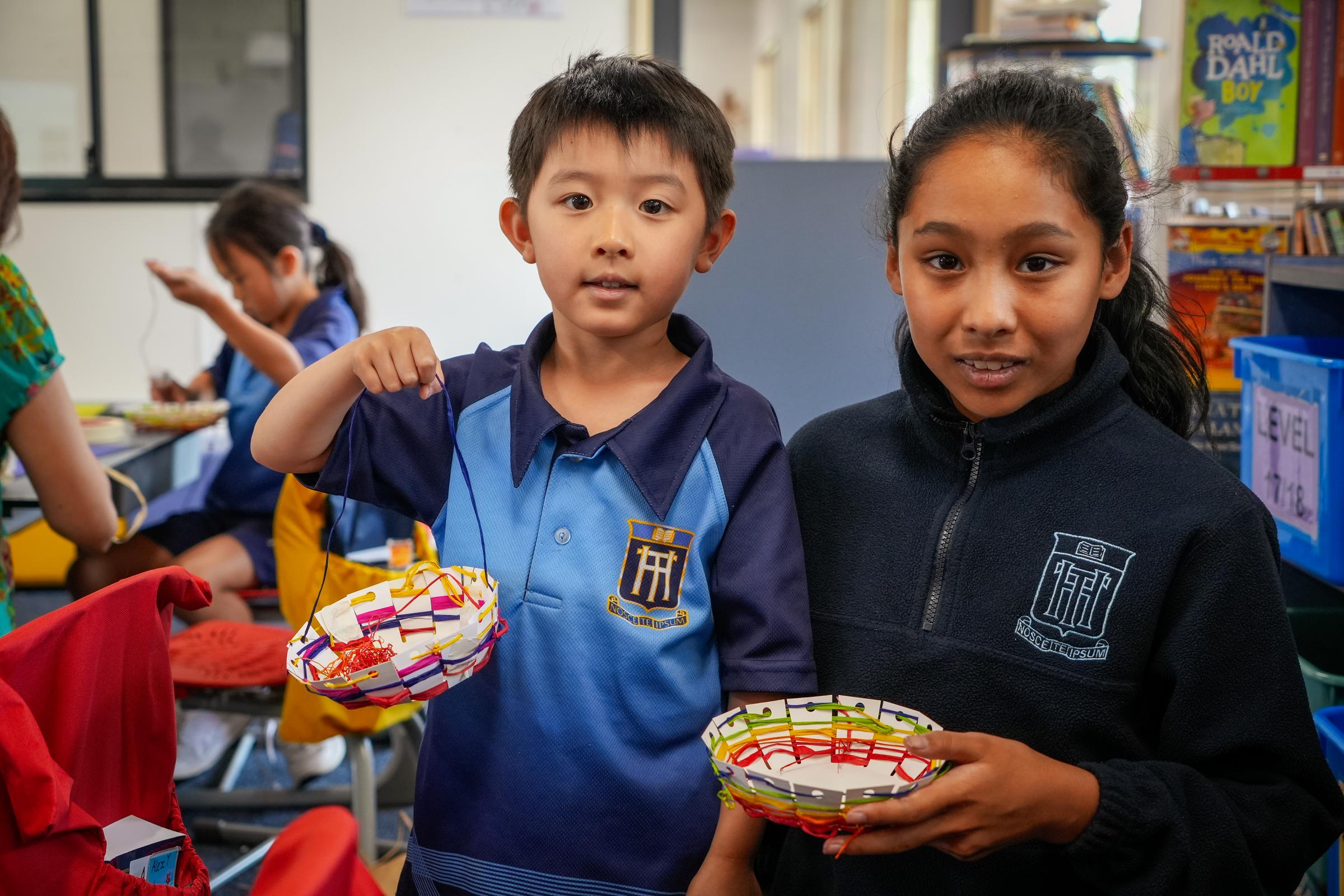From the Chaplaincy

Forgiveness
The value that the school is focusing on this week is forgiveness. As it happens, adherents of Islam are currently celebrating the holy month of Ramadan, and for many, Muslims forgiveness forms a fundamental part of this important period in their calendar. Ramadan provides an opportunity for Muslims, in a sense, to reset their connection with God (Allah). They are expected to spend time in prayer and reflection and abstain from eating and drinking, between sunrise and sunset each day of the month. This prayer and abstinence provide a way of expressing gratitude for God’s (Allah’s) creation, and achieving spiritual purification. In Islam there are 99 names for Allah, one of which is The Forgiver (Al Ghaffar), and much like in Christian thinking, there is an expectation that if we acknowledge any wrongdoing we can expect full forgiveness in return.
With everything that is going on in the world, it is so important to acknowledge the things we have in common with our fellow global citizens. Whatever our understanding of God, we can ask God’s forgiveness, we can ask forgiveness of others, but above all we should be ready to forgive those around us.
"Ask forgiveness of your Lord. Indeed, He is ever a Perpetual Forgiver."
Qur’an 71:10
“If you see your friend going wrong, correct him. If he responds, forgive him. Even if it’s personal against you and repeated seven times through the day, and seven times he says, ‘I’m sorry, I won’t do it again,’ forgive him.”
Luke 17:4 The Message Bible
“And forgive us our debts, as we forgive our debtors. And Love is reflected in love;”
Mary Baker Eddy’s interpretation of Jesus’ words from The Lord’s Prayer (Science & Health with Key to the Scriptures 17:6)
Mr Clive Marriott
The Chaplaincy Team
